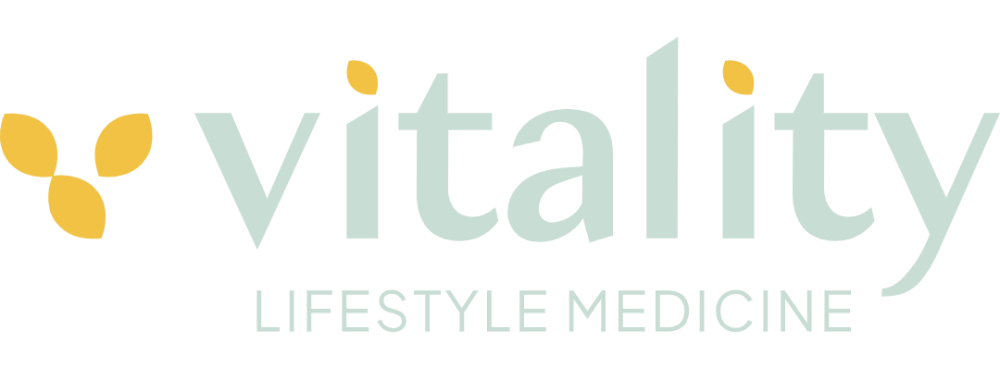Sleepless Nights, Bigger Bites: The Relationship between Sleep and Nutrition - Sleep Series Part 2
Aug 26, 2024
Ever wonder if a rough night really can influence your weight? Unfortunately, it can, and research has shown a strong correlation between poor sleep and weight gain. One study showed that people who lack quality sleep tend to eat an average of 385 more calories per day than those who don't—that’s the equivalent of two Macca’s soft-serve ice cream cones! Over time, this can lead to significant weight gain, undermining your efforts toward a healthier lifestyle.
Hormonal Havoc
Two essential hormones are involved in weight and appetite: leptin and ghrelin. Leptin is the "fullness hormone" because it signals to your brain that you have had enough to eat. Now, guess what ghrelin, the “hunger hormone”, does? Quite the opposite; it makes you know when to eat. A bad night’s sleep disrupts the harmony between these hormones, causing lower levels of leptin and higher levels of ghrelin, leading to increased hunger the next day. Sleep deprivation reduces leptin levels by 18% and elevates ghrelin levels by up to 28%. Imagine a tiny voice in your head pushing you to eat constantly—no wonder it is tough to resist those extra snacks!
Craving More Than Just Sleep
Sleep deprivation doesn't just make you eat more; it makes you crave the wrong foods. When fed high-calorie, sugary food, your brain's reward centre comes to life. After a stormy night’s sleep, your brain’s chemistry works very differently, meaning that ultra-processed food becomes almost irresistible. This shift can make eating healthily feel like an uphill battle, especially when your tired brain is more interested in instant gratification than long-term health.
A Two-Way Street
The relationship between sleep and nutrition is reciprocal. Poor sleepers do not eat well, while those with unhealthy food choices probably have sleep troubles. Studies show that diets high in sugar and low in fibre tend to disrupt sleep patterns, leading to more fragmented sleep and less time in the deeper, more restorative stages of sleep. Take a moment to remember the last time you had that Friday night pizza or big, boozy weekend BBQ. Did it leave you tossing and turning, with a bit of heartburn thrown in? These situations can set the stage for more cravings the next day, creating a vicious cycle of poor sleep and unhealthy eating.
Sleep Smart, Eat Smart
The good news? Building a good sleep hygiene pattern dramatically influences your eating habits and overall health. Research shows that even getting one hour of extra sleep per night can lower your risk of obesity by 14%. A regular sleep schedule that involves going to bed at the same time and getting up at the same time every day, including weekends—will mean that you're more likely to get good quality sleep. More rest will make you much better at avoiding cravings and choosing healthier foods. This better-quality sleep can be crucial in maintaining a healthy weight and being more energetic and alert during the day.
In a Nutshell
Understanding how sleep impacts our appetite and food choices is empowering. It allows us to make decisions that are in the best interest of our long-term health. A good night's sleep is more than just a source of deep rest; it is the cornerstone of health, influencing everything from your waistline to your mental sharpness. So sleep smart, eat smart, and watch as your health and vitality improve. You’ve got this!

